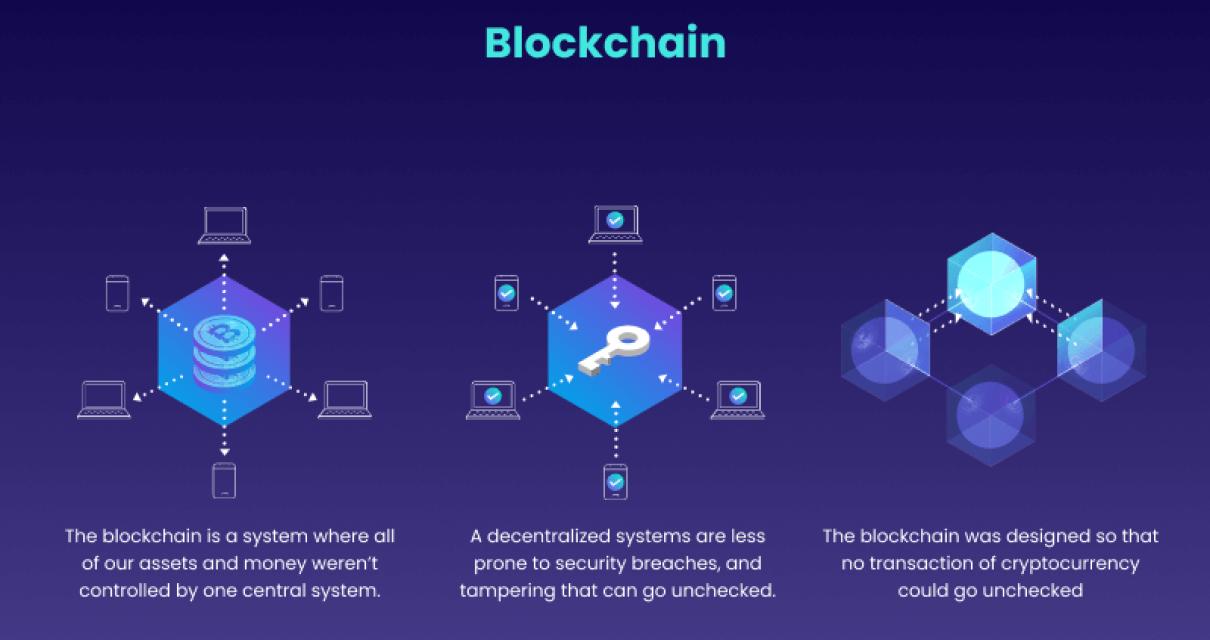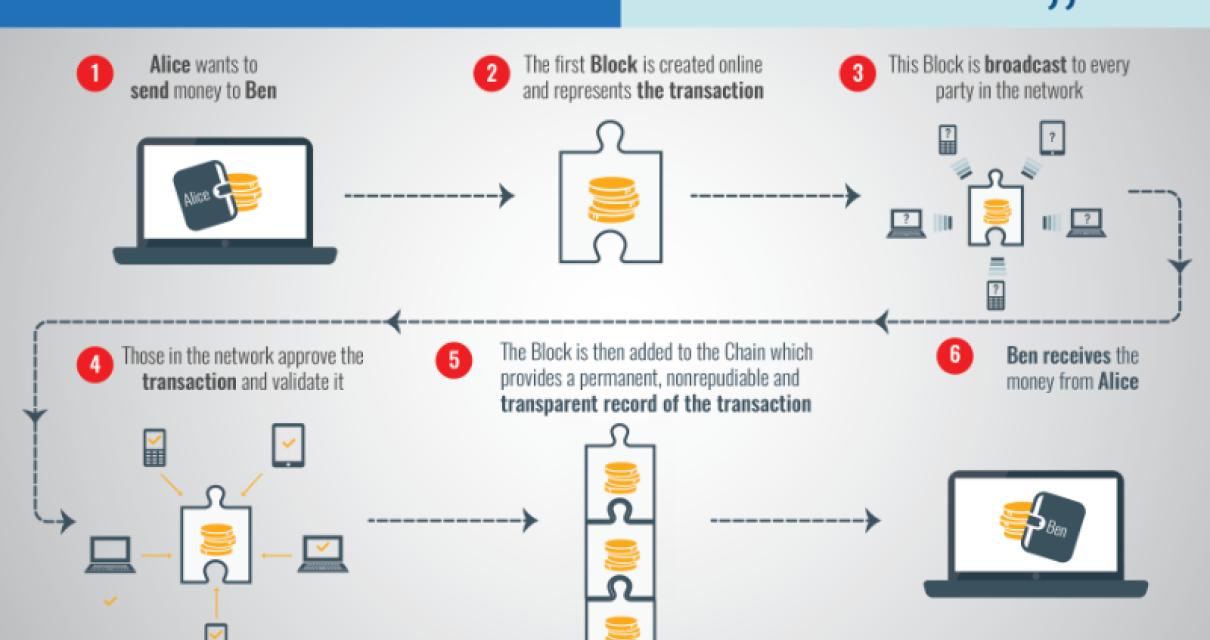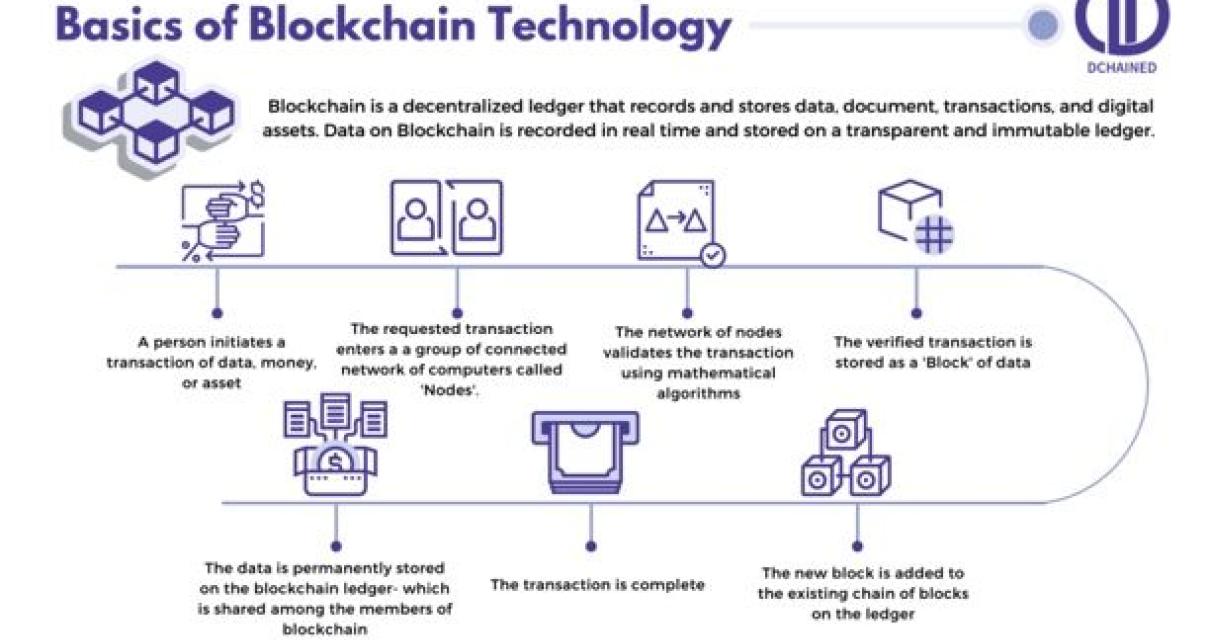Introduction to Blockchain Technology
Blockchain technology is a distributed database that allows for secure, transparent and tamper-proof transactions. It was first conceived of in 2009 by an anonymous person or group of people under the name Satoshi Nakamoto.
The concept behind blockchain technology is that it can be used to create a public ledger of all cryptocurrency transactions. This ledger can be used to verify the legitimacy of a cryptocurrency and to prevent fraudulent transactions.
Blockchain technology has the potential to revolutionize the way we conduct business and interact with the digital world. It has the potential to make online transactions more secure and transparent, and it could also be used to create new forms of online currency.
What is Blockchain?
Blockchain is a distributed database that allows for secure, transparent and tamper-proof transactions. Transactions are verified by network nodes through cryptography and recorded in a public ledger. Bitcoin, the first and most well-known blockchain application, uses a proof-of-work system to create a secure network. Other applications use different cryptographic algorithms, such as Ethereum.
The Benefits of Blockchain
There are many benefits of blockchain technology, including:
1. Transparency: Blockchain is completely transparent, meaning that everyone can see all the data stored on the network. This allows for greater trust and transparency between participants in a blockchain network, as well as between the network and its users.
2. Security: Blockchain is extremely secure, meaning that it is difficult to tamper with or hack into the network. This makes it an ideal platform for managing sensitive information, such as financial records and health records.
3. Scalability: Blockchain is highly scalable, meaning that it can handle a large number of transactions per second. This makes it an ideal platform for decentralized applications (dApps), which require high throughput and low latency.
4. Immutability: Blockchain is immutable, meaning that once a transaction has been recorded on the network, it cannot be changed. This allows for greater trust and security between participants in a blockchain network, as well as between the network and its users.
5. Decentralization: Blockchain is decentralized, meaning that there is no central authority controlling the network. This makes it immune to the risks associated with centralized networks, such as data breaches and cyber attacks.
6. Economic incentives: Blockchain technology relies on economic incentives to ensure that participants in the network remain honest and reliable. This ensures that the network remains decentralized and secure, while also facilitating the rapid and efficient transmission of information.

How Does Blockchain Work?
Blockchain technology is a distributed database that allows for secure, transparent and tamper-proof transactions. Transactions are verified by network nodes and recorded in a public log. Each time a new block is added to the blockchain, miners are rewarded with cryptocurrency. Bitcoin, Ethereum and other cryptocurrencies are based on blockchain technology.

Applications of Blockchain
There are several possible applications of blockchain technology. These include the following:
1. Supply Chain Management
Blockchain can help to manage and track the supply chain for goods and services. This could include tracking the origin of products, tracking the movement of products throughout the supply chain, and verifying the authenticity of products.
2. Financial Services
Blockchain technology can be used to create a digital ledger of financial transactions. This could help to reduce the risk of financial fraud, and it could also help to improve the speed and accuracy of financial transactions.
3. Identity Management
Blockchain technology can be used to manage identity documents and authentication systems. This could include managing passports, driver's licenses, and other forms of identification.
4. Smart Contracts
Smart contracts are digital contracts that are automatically executed when certain conditions are met. This could include contracts between buyers and sellers, contracts between suppliers and customers, and contracts between banks and borrowers.
5. Decentralized Applications (DApps)
DApps are decentralized applications that are built on top of blockchain technology. DApps can be used to create a variety of new applications, including applications that are used to manage finances, applications that are used to manage identities, and applications that are used to manage supply chains.
The Future of Blockchain
There is no doubt that blockchain technology has the potential to revolutionize many industries. Whether it’s being used to create a more secure online environment, streamline the process of trading assets, or help reduce fraud, there is no doubt that blockchain has the potential to make a significant impact on the future of business.
At the moment, there are a number of different blockchain projects that are looking to make a difference. Some of the most notable examples include Ethereum, which is used to create smart contracts, and Bitcoin, which is used to create decentralized transactions.
As blockchain technology continues to develop, it is likely that we will see even more ambitious projects being launched. In fact, some experts are even predicting that blockchain could eventually become the backbone of the internet.
If this is to be true, then the future looks very bright for blockchain technology.
What is Bitcoin?
Bitcoin is a digital asset and a payment system invented by Satoshi Nakamoto. Transactions are verified by network nodes through cryptography and recorded in a public dispersed ledger called a blockchain. Bitcoin is unique in that there are a finite number of them: 21 million.

What is Ethereum?
Ethereum is a decentralized platform that runs smart contracts: applications that run exactly as programmed without any possibility of fraud or third party interference. Ethereum is a distributed public blockchain and cryptocurrency project with a total supply of 100 million coins.
How Can I Invest in Blockchain?
There are a few ways to invest in blockchain. One way is to buy a digital asset, such as bitcoin or ether, and hold it on a digital wallet. You can also invest in a startup that is building a blockchain-based platform or service. Or you can invest in a fund that invests in blockchain companies.